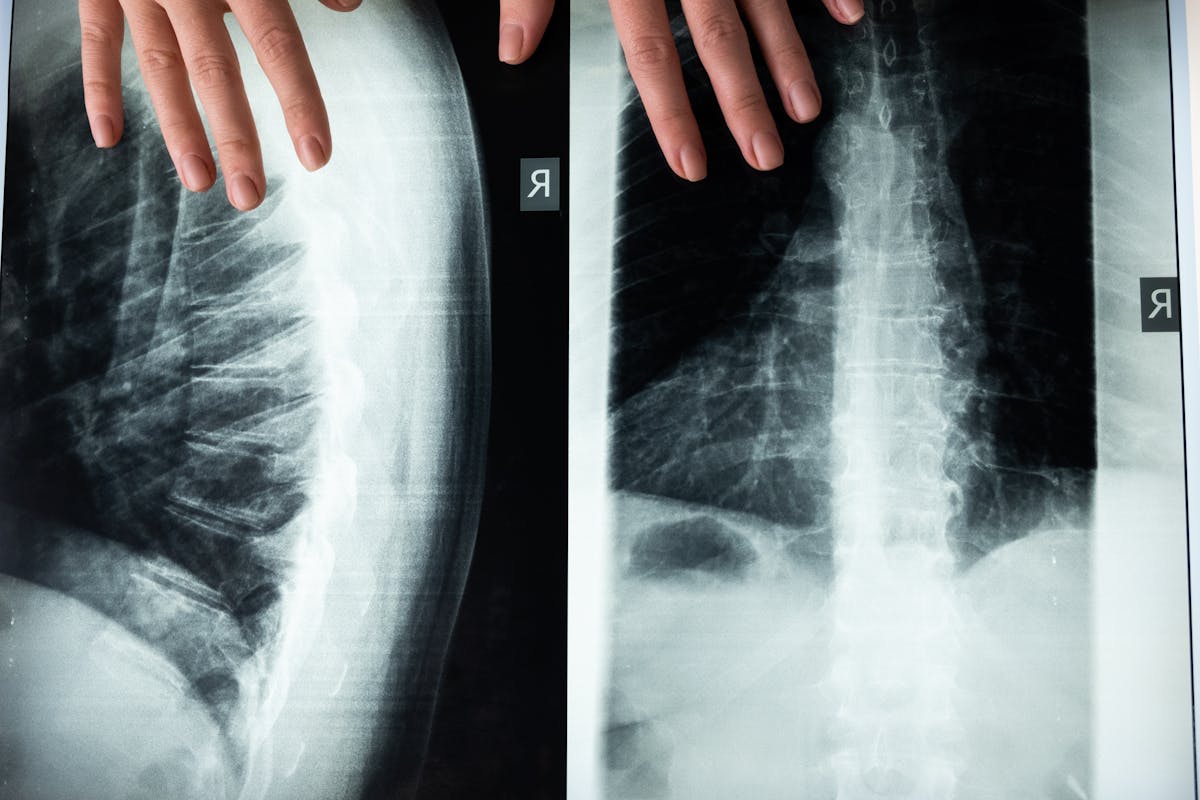

- High blood pressure in older men can be managed through diet, exercise, and regular health check-ups.
- Managing type 2 diabetes involves a healthy diet, physical activity, and monitoring blood sugar levels.
- Prostate health is critical; regular screenings and lifestyle choices can help manage and prevent issues.
- Heart disease risk can be reduced with a healthy lifestyle, while osteoporosis needs attention to bone health.
As men age, they may become more susceptible to developing chronic health conditions that can impact their quality of life. It’s important for older men to be aware of the most common chronic conditions they may face so they can take proactive steps to manage their health. This blog will discuss the most common chronic conditions in older men and provide some tips on how to prevent and manage them.
High Blood Pressure
High blood pressure, also known as hypertension, is a common chronic condition that affects many older men. Hypertension can increase the risk of heart disease, stroke, and other serious health problems. To help lower blood pressure, older men should aim to maintain a healthy weight, exercise regularly, eat a balanced diet low in sodium and saturated fats, and avoid smoking and excessive alcohol consumption. Regular check-ups with a healthcare provider are also important for monitoring blood pressure levels.

Type 2 Diabetes
Another common chronic condition in older men is type 2 diabetes. Diabetes happens when your body does not make enough insulin or is unable to effectively use the insulin it produces. This can lead to high blood sugar levels, which can cause damage to various organs over time.
To manage diabetes, older men should focus on maintaining a healthy diet, engaging in regular physical activity, monitoring blood sugar levels regularly, taking prescribed medications as directed, and attending regular check-ups with a healthcare provider.
Prostate Issues
Prostate issues are also prevalent among older men. There are many kinds of prostate issues that can occur. Here are four of the most common:
Enlarged Prostate
This happens when the prostate gland grows in size and can cause problems with urination. An enlarged prostate is a common condition in men over the age of 50 and can be managed with medication or surgery if necessary.
Prostate Cancer
Prostate cancer is the most commonly diagnosed cancer in men. It occurs when cells in the prostate gland grow out of control. Early detection through regular screenings, such as a PSA test, can increase the chances of successful treatment.
Prostatitis
Prostatitis is inflammation of the prostate gland and can cause symptoms such as pain or burning during urination, frequent urination, and pelvic pain. It can be treated with antibiotics.
Benign Prostatic Hyperplasia (BPH)
BPH occurs when the prostate gland grows in size but is not cancerous. It can cause issues with urination and may require medication or surgery for management.
To prevent prostate issues, it’s important for older men to maintain a healthy lifestyle, including regular physical activity and a balanced diet. It’s also crucial to attend regular check-ups with a healthcare provider and discuss any symptoms that may be concerning. Additionally, quitting smoking and limiting alcohol intake can also help reduce the risk of developing prostate issues.
Heart Disease
Heart disease is another major concern for older men, as it is one of the leading causes of death in this population. Factors such as high cholesterol levels, high blood pressure, obesity, smoking, and lack of physical activity can increase the risk of heart disease.
To reduce the risk of heart disease, older men should focus on maintaining a healthy lifestyle by eating a balanced diet rich in fruits and vegetables, exercising regularly, managing stress levels effectively, quitting smoking if applicable, and taking prescribed medications as directed.

Osteoporosis
Lastly, osteoporosis is a common chronic condition that affects many older men but often goes undiagnosed due to misconceptions that it only affects women. Osteoporosis causes bones to become weak and brittle over time, increasing the risk of fractures and falls.
Older men can help prevent osteoporosis by consuming adequate amounts of calcium and vitamin D through diet or supplements if necessary, engaging in weight-bearing exercises, avoiding excessive alcohol consumption, quitting smoking if applicable, and discussing bone health with their healthcare provider.
If you already have osteoporosis, you may benefit from professional home care support. A good home care provider can help you with tasks that may be difficult for those living with osteoporosis. They can also provide assistance with exercises and mobility aids to improve bone strength and prevent falls.
Understanding and managing common chronic conditions is crucial for enhancing the quality of life as men age. By being informed about potential health issues like high blood pressure, type 2 diabetes, prostate problems, heart disease, and osteoporosis, older men can take proactive measures to maintain their health.
Regular check-ups, a balanced diet, regular physical activity, and smoking cessation are essential steps toward preventing and managing these conditions effectively. Stay proactive, stay informed, and prioritize your health to enjoy a more vibrant and fulfilling life in your golden years.